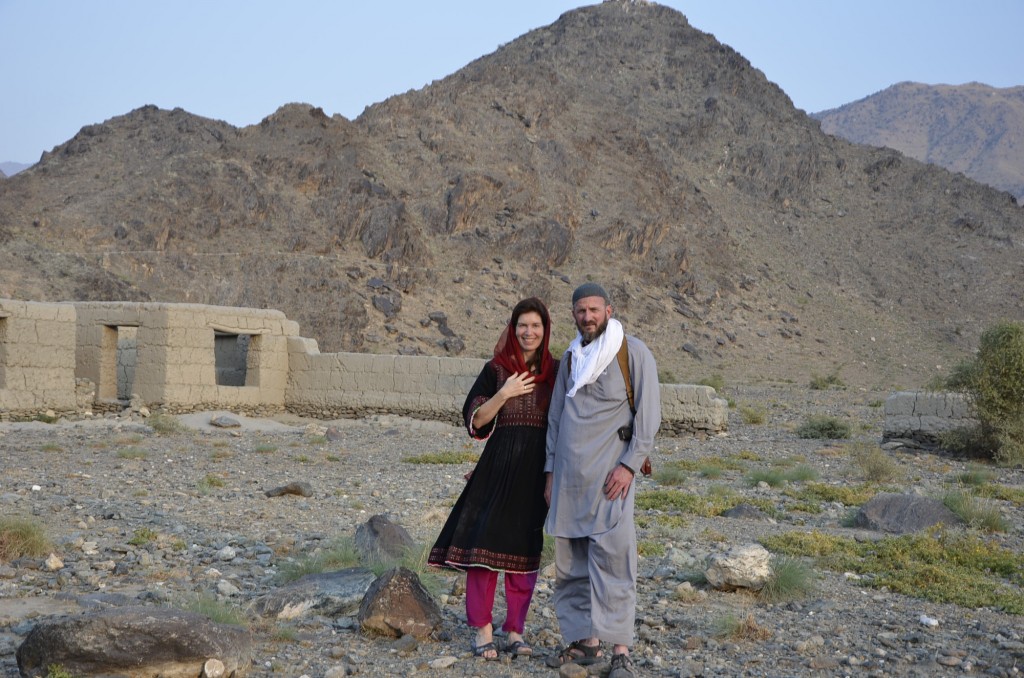The sky clotted gray and the winds gusted cold as the men crowded into an old roadside gas station. It was daybreak in Band-i-Timor, early December 2001, and hundreds of turbaned farmers sat pensively, weighing the choice before them. They had once been the backbone of the Taliban’s support; the movement had arisen not far from here, and many had sent their sons to fight on the front lines. But in 2000, Mullah Omar had decreed opium cultivation to be un-Islamic, and whip-wielding police saw to it that production was halted almost overnight. Band-i-Timor had been poppy country for as long as anyone could remember, but now the fields lay fallow and children were going hungry. With the Taliban’s days numbered after the U.S. invasion, the mood was ripe for a change. But could they trust the Americans? Or Hamid Karzai?
An enfeebled elder, Hajji Burget Khan, rose to speak. A legendary war hero and a chief of the millions-strong Ishaqzai tribe, Burget Khan commanded respect that few present could rival. “He was an inspiring leader,” a tribal elder told me later, “as pure as the rain falling from the sky.” He was also a consummate pragmatist, having forged alliances over the years across the political spectrum, including with the Taliban. Now he was extolling the virtues of the coming American order. There would be jobs, he said, and there would be development. And, most important, farmers would be left alone to do the work they’d always done.
A second elder then addressed the audience. A generation younger and a few waist sizes larger than Burget Khan, Hajji Bashar was a leader of the politically important Noorzai tribe, a frontier tycoon who had made his millions smuggling opium. Like Burget Khan, he had a knack for backing the right horse — he was an early financier of the Taliban — and now he insisted that with American wealth and power on their side, the future had never looked brighter.
For the first time in years, hope took hold of the poor farmers of Band-i-Timor. The local Taliban council of religious clerics was declared null and void, and in its place the attendees formed a council composed of representatives from all Maiwand tribes. Hajji Bashar was elected governor of the district, prompting the former governor and police chief to flee overnight. It was, in effect, a bloodless coup, with the Taliban authority replaced by an America-friendly administration. Although Maiwand would have many governments in the decade to follow, only this one, farmers would say for years afterward, truly belonged to them.

